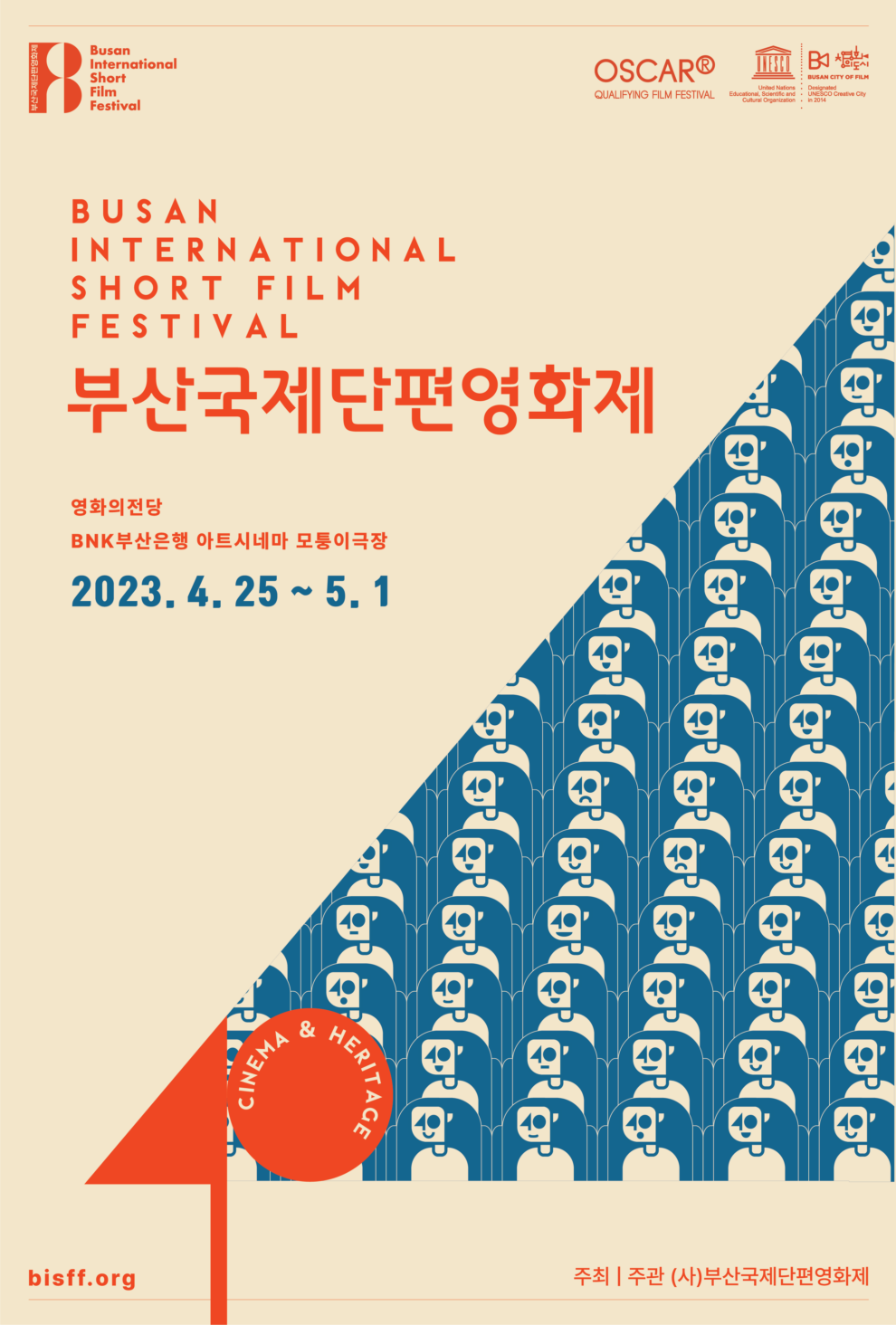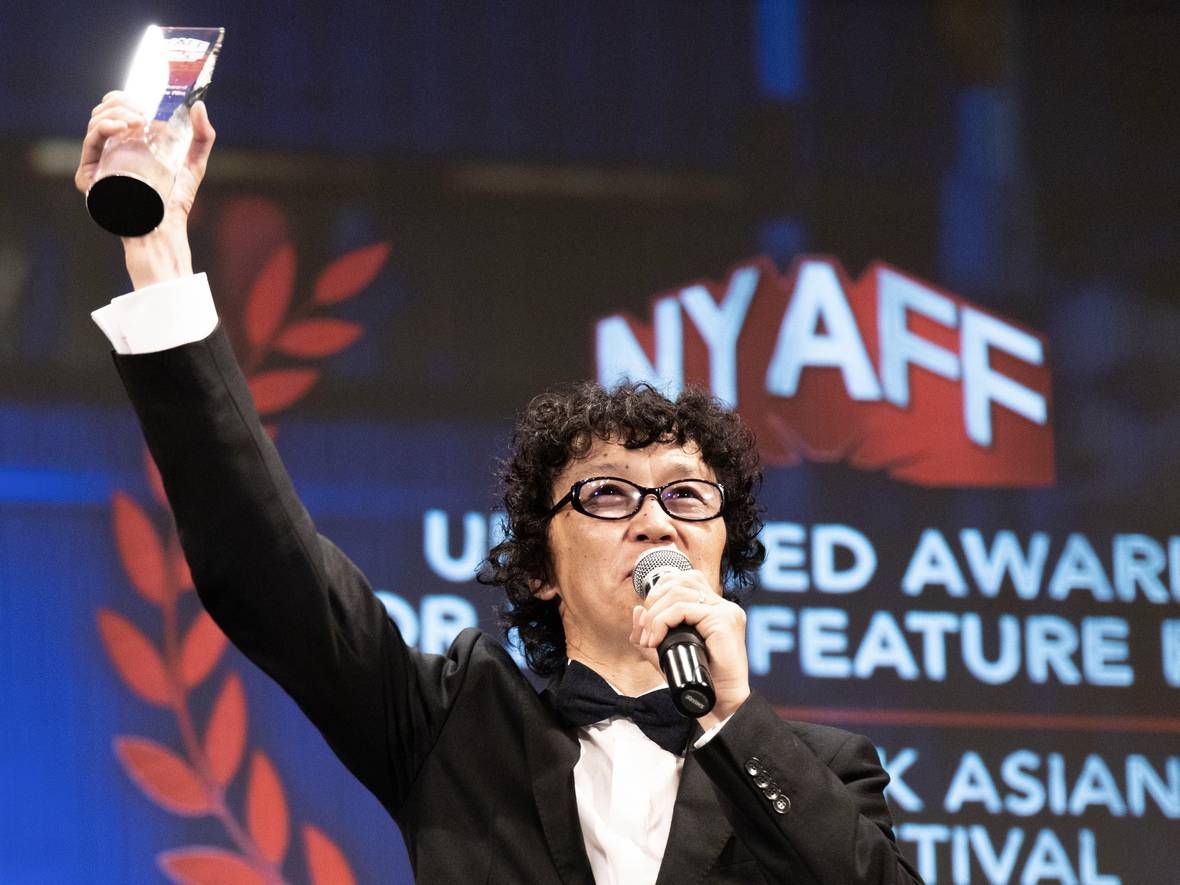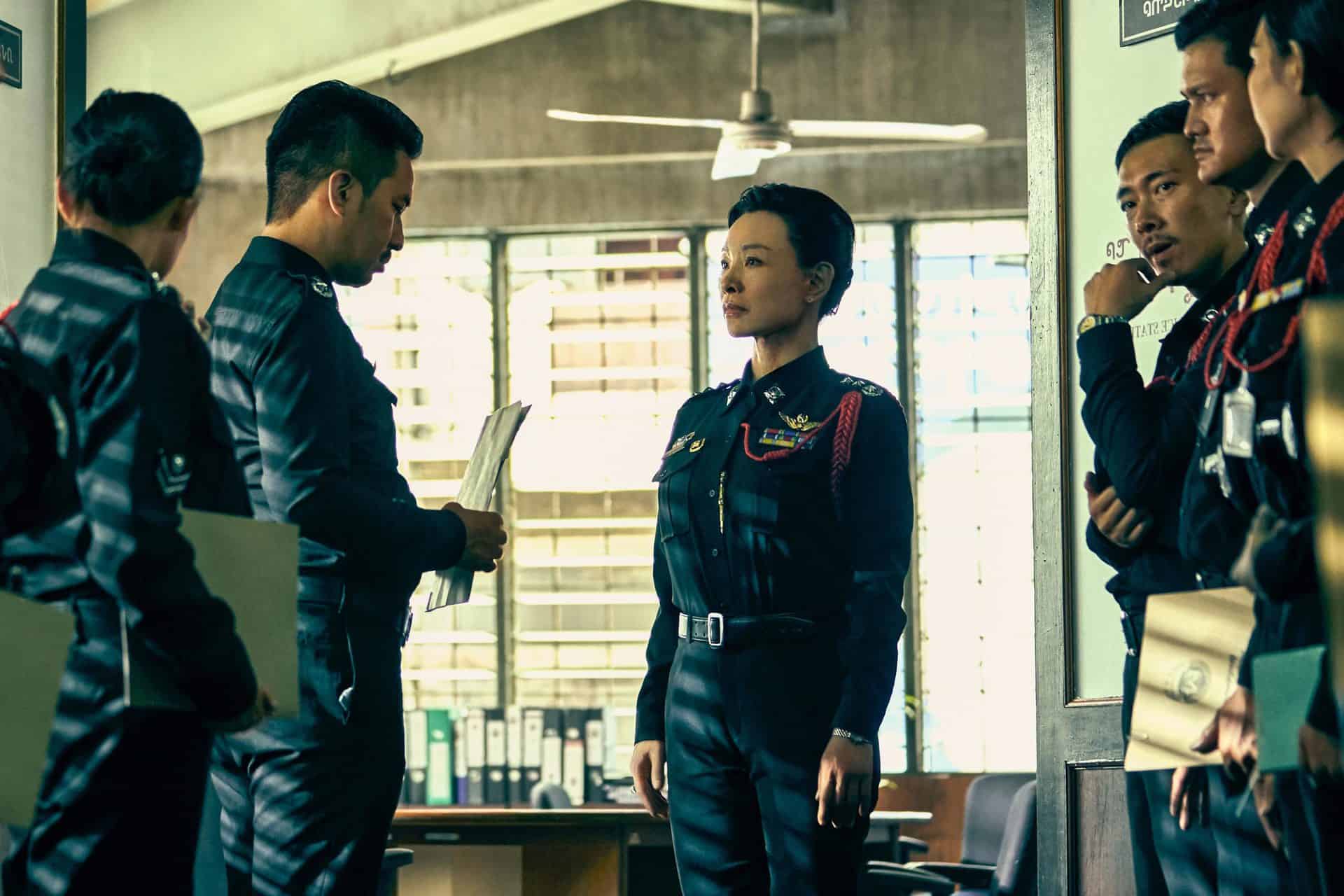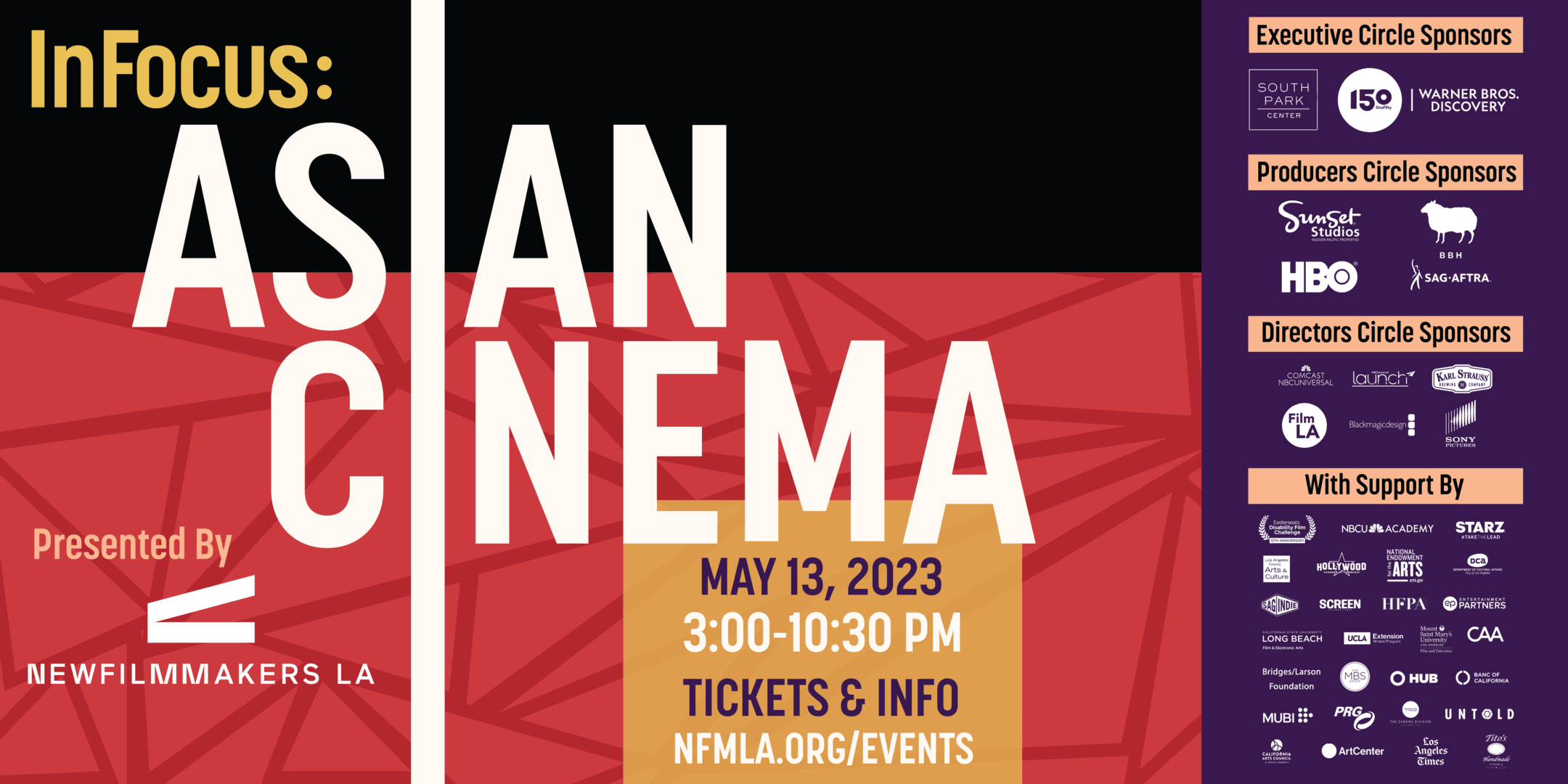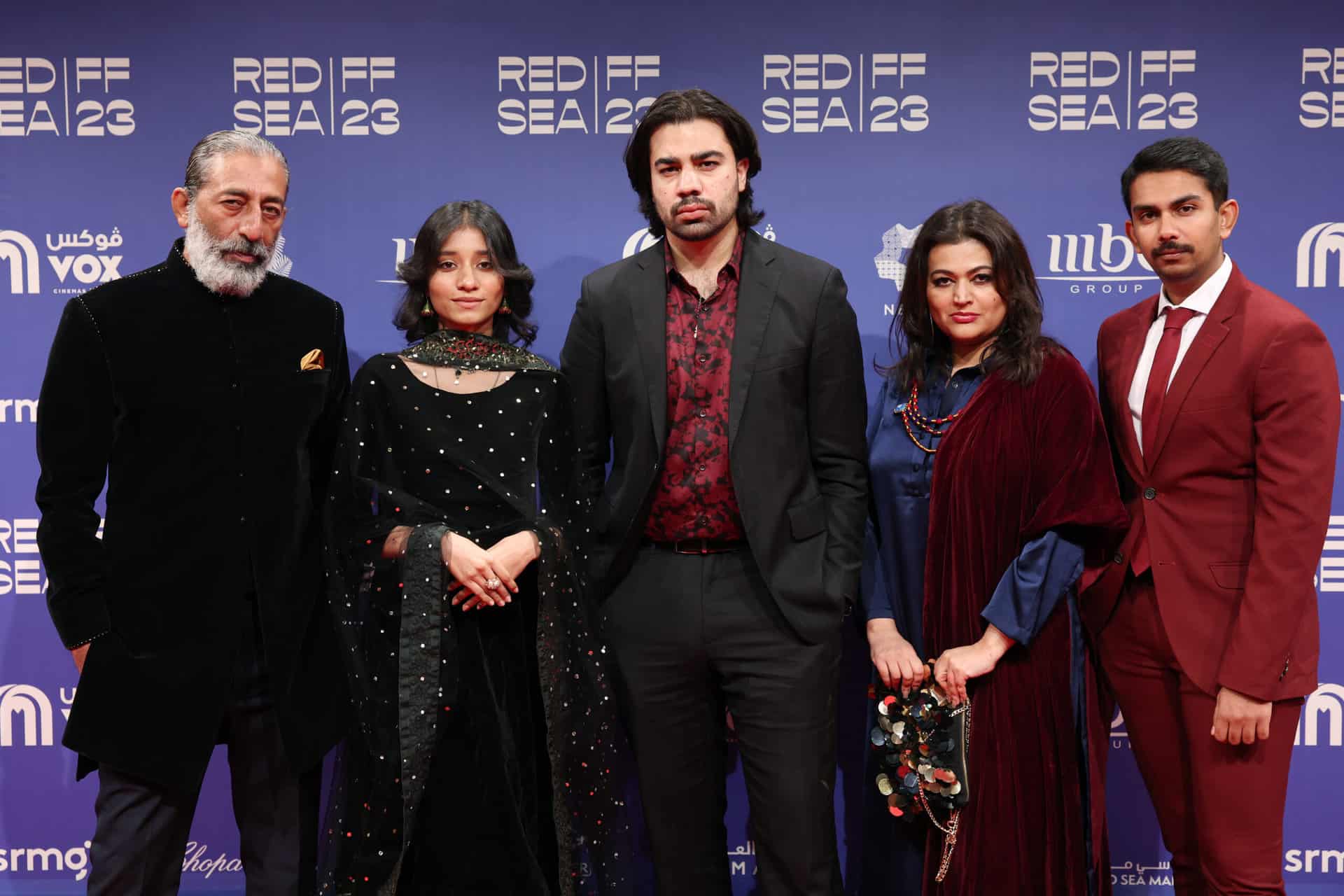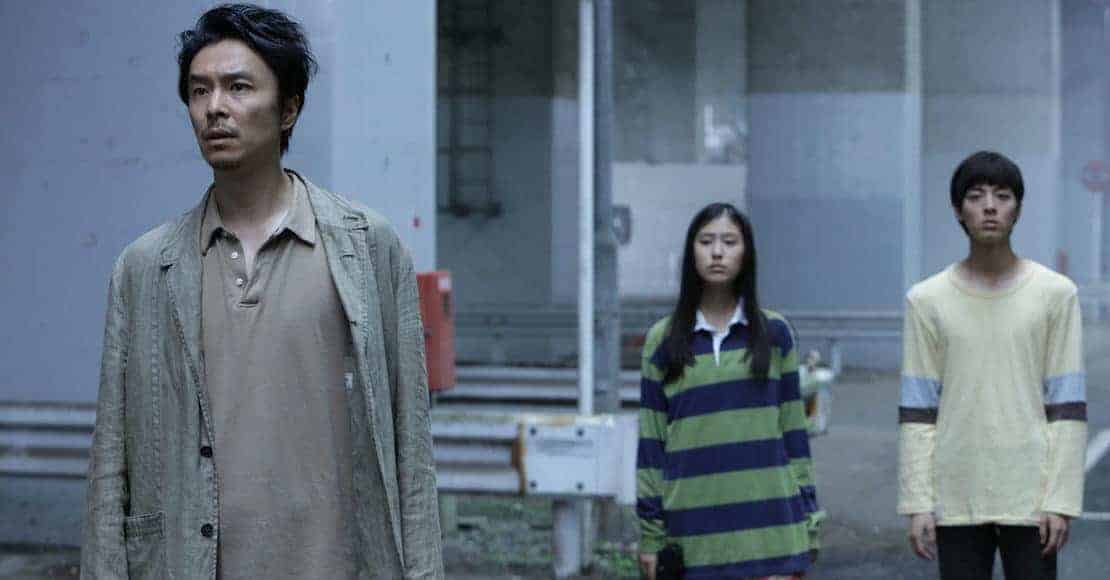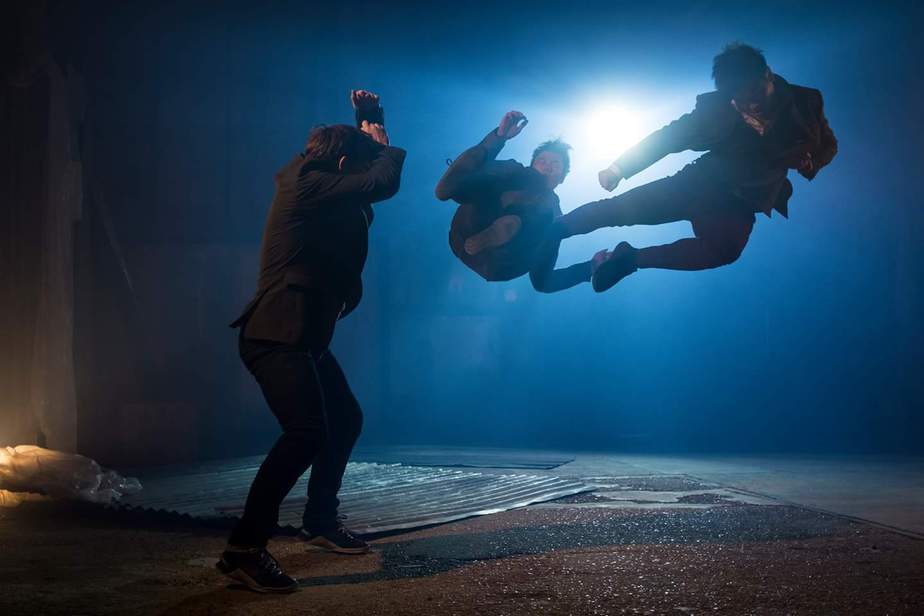President of BISFF, Minchol Cha, announced that the Busan International Short Film Festival will be celebrating its 40th anniversary this year with a variety of special programs, including screenings of award-winning films from previous BISFFs and other significant international film festivals.
BISFF, South Korea’s longest running short film festival with a contemporary sensibility, is celebrating its 40th edition this year, marking 42 years since the festival’s inaugural event in 1980. The festival was originally held biennially until it was decided to host it every year, and this year marks its 40th anniversary.
The theme for this year’s festival is “Cinema & Heritage,”which will examine cinema’s past, present, and future, as well as assess cinema’s substantial heritage.
The theme for this year’s festival is “Cinema & Heritage,”which will examine cinema’s past, present, and future, as well as assess cinema’s substantial heritage.
The festival will run from April 25(Tue) through to May 1(Mon), screening 146 films from 39 countries. The Competition Section includes the International Competition, the Korean Competition, and Operation Kino. The Invitational Section includes programs dedicated to the Guest Country, Korean Shorts, the Hub of Asia, and Beyond Shorts, as well as a number of special screenings.
This year’s International Competition received 2,877 submissions from 113 countries, while submissions for the Korean Competition reached 705. During the screening process, 40 films from 28 countries were chosen for the International Competition and 20 Korean films for the Korean Competition.
The majority of the submissions in the Korean Competition were drama films, however there were a few distinctive animated films with unique perspectives. There were also several remarkable submissions in the International Competition that presented imaginative and unconventional viewpoints in combination with universal truths discoveredthrough intensive speculation, and relating to ubiquitous values of life.
Operation Kino, coordinated by the BISFF and the Jung-gu district office in Busan, aims to cultivate local film or content majors by offering them the opportunity to create a shortdocumentary film. This year, 6 teams were selected for the 12th Operation Kino, and each team created a 15-minute documentary film in 2 months.
This year’s Invitational Section will offer short films that push the boundaries of their chosen genre while retaining its fundamental characteristics. The United States has been chosen as this year’s Guest Country, as it is the global center of cinema. The Guest Country section will feature a variety of American short films, including films by significant comedy filmmakers Charlie Chaplin and Buster Keaton. There will also be a selection of short documentaries created by renowned American documentary filmmaker Jay Rosenblatt. Finally, there will be a special program showcasing American short films handpicked by the Palm Springs International Film Festival.
The Korean Shorts section will highlight the most recent trends and visions of Korean short films in a wide range of contexts and genres. This year’s theme for the Korean Shorts section is ‘The Moments When Anxiety Returns’, and a selection of films will be screened under this theme within the “Platform 1” and “Platform 2” programs.
The Hub of Asia section will include the “Rendez-vous with AFiS” program, which will showcase short films made by Asian filmmakers from Busan Asian Film School (AFiS) in their home countries. Last March, BISFF and AFiS signed an agreement to actively team up for collaborative initiatives and strengthen their network in the film and video industries both at home and abroad. The section also includes the “Asian Americana” program, which throws light on the thoughts and concerns that Asian American filmmakers of today have, and the “Death of Cinema(s)” program, which offers questions and answers about the validity of a theater as a physical location.
The Beyond Shorts section will introduce a variety of films with new cinematic aesthetics, as well as experimental films, 3D films, and interactive films, all of which push the boundaries of traditional filmmaking.
To celebrate its 40th anniversary, the festival has scheduled several special programs, including one that will feature a few of the Korean and international short films that have received awards at previous BISFFs. There will also be screenings of films that have won awards at renowned international film festivals such as the Cannes Film Festival, the Berlin International Film Festival, the Venice International Film Festival, and the Academy Awards. In addition, three short films created as a part of the BISFF Short Film Project will be screened. Visitors will also be able to watch free outdoor screenings of a number of films at the Busan Cinema Center during the festival.
Throughout the festival, a number of events to mark the festival’s 40th anniversary have been prepared that will take place outside the theaters. To emphasize the value of a film festival to the public and provide unique experiences beyond what they typically encounter at the theater, the festival will hold roundtable discussions with distinguished panels including award-winning filmmakers and special guests. There will also be an exhibition where the previous BISFF posters, festival pictures, and other related material will be displayed. In addition, the 40th BISFF Homecoming Day party will be held with filmmakers and film industry representatives.
The 40th BISFF will take place at the BNK BUSAN BANK Art Cinema Corner Theater and Busan Cinema Center from April 25(Tue) through to May 1(Mon), 2023. The festival, which serves as Asia’s hub for short films, will present top-tier and exceptional short films that will fascinate and delight the audience.


